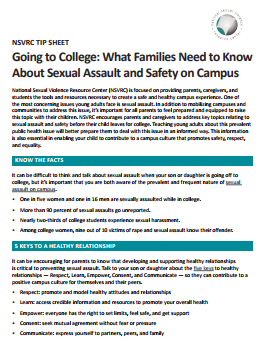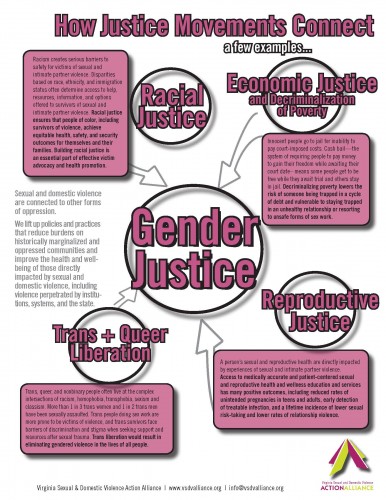Start a Search:
Author: Action Alliance
Indigenous land acknowledgement - Why is it important?
Native Governance Center co-hosted an Indigenous land acknowledgment event with the Lower Phalen Creek Project on Indigenous Peoples’ Day 2019 (October 14). The event featured many panelists: Dr. Kate Beane (Flandreau Santee Dakota and Muskogee Creek), Mary Lyons (Leech Lake Band of Ojibwe), Rose Whipple (Isanti Dakota and Ho-Chunk), Rhiana Yazzie (Diné), and Cantemaza (Neil) McKay (Spirit Lake Dakota). From this event, they created this handy guide to understanding Indigenous land acknowledgment and why it is so important, based on panelists’ responses.
Click here for more on indigenous land acknowledgement.
Native Governance Center is a Native-led nonprofit working to inspire, celebrate, and support Native nation building. They assist Tribal Nations in strengthening their systems of governance and their capacities to exercise their sovereignty. For more information and resources, visit their website at www.nativegov.org.
Info Sheet from NSVRC

Sexual assault is a widespread problem on college campuses. This tip sheet provides information for families to discuss regarding campus sexual assault as well as safety, consent, and healthy relationships. A list of questions to ask about how your child’s college handles sexual assault is also included.
Infographics: How Oppressive Systems Connect and How Justice Movements Connect

Gender-based violence (or the process of controlling, coercing, or otherwise exerting power over someone because of their gender) is both a tool and a driver of white supremacy. Ending gender-based violence requires us to see and dismantle the same forces that support the existence of white supremacy. At the same time, this work calls us to envision and work toward equity and liberation, while breaking out of silos.
The infographic, "How Oppressive Systems Connect" illustrates examples of how gender-based violence is driven by white supremacy, sexism, heterosexism, and capitalism. "How Justice Movements Connect" illustrates examples of how gender justice is supported by movements to build racial justice, economic justice, trans and queer liberation, and reproductive justice.
These resources are helpful for your prevention work, new staff orientation, volunteer training, board training, and other environments where you are exploring the many ways in which work to end sexual and intimate partner violence intersects with work to build racial justice, reproductive justice, economic justice, and trans and queer liberation.
Institute on Domestic Violence in the African American Community
Institute on Domestic Violence in the African American Community (IDVAAC) is an organization focused on the unique circumstances and life experiences of African Americans as they seek resources and remedies related to the victimization and perpetration of domestic violence in their community. IDVAAC recognizes the impact and high correlation of intimate partner violence to child abuse, elder maltreatment, and community violence.
Interactive Training Exercises on Abuse in Later Life
This manual provides instructions for 16 exercises focusisng on several key training points for multiple target audiences such as professionals from domestic or sexual violence agencies, elder abuse/adult protective services, aging, health care, justice, and others. It also provides ideas for exercises that trainers can adapt to meet the needs of many audiences.


